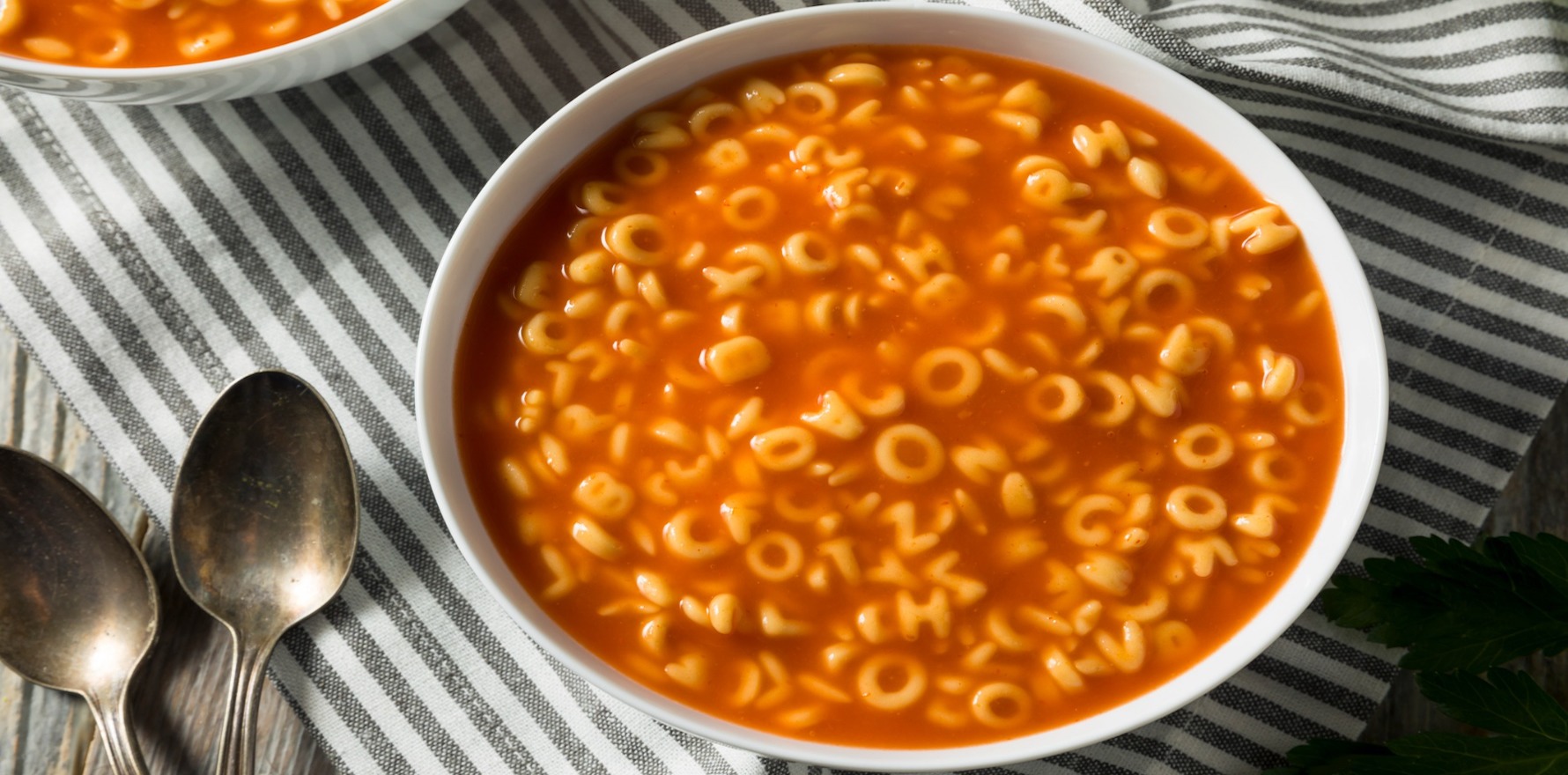UCCs were a hot topic at today’s DoHAC Senate estimates hearing as officials discussed offerings beyond general practice and what might be attracting GPs to the clinics.
The infamous urgent care clinic teddy bear controversy and covid “cover-ups” were hot topics at today’s Senate Estimates hearing.
Opposition health spokesperson Senator Anne Ruston took aim at the federal government during today’s hearing over the additional funding promised to UCCs in the 2024/25 budget, that preceded a thorough evaluation of the evidence base for their benefit.
Senator Ruston pressed the group on whether there was data showing UCCs were capturing additional patients to those that would otherwise visit their GP, as UCCs and GP practices were often co-located.
“Some of the data that points to that is obviously the hours of operation are different to the general services provision [in general practice], the nature of the presentations in terms of the acute levels of injury and the demographics of the people who are attending,” said deputy secretary of DoHAC’s primary and community care group Dr Liz Develin.
“Certainly, one in four of the presentations happen from 5pm … which is not standard for what you would see in data for a general primary care centre.
“We know that [presentations] are mostly acute injuries, acute illness and very small amounts of chronic conditions or other presentations which should be seen elsewhere.
“So that is certainly an indicator to us that we are seeing the right sorts of presentations because we consider them to be urgent.”
First assistant secretary for DoHAC’s mental health division Mark Roddam added that it was “impossible to compare” the services offered in a UCC and a general practice.
“In many instances, [general practices] are continuing to run a service and the UCC is supplementary to that,” said Mr Roddam.
“In addition to what might have been occurring where the practice was previously located, suddenly there would be additional providers of services.
“It’s a much bigger operation. It’s very, very difficult to compare.”
But Dr Develin was very clear that only UCC presentations, not visits to co-located GPs, were collated in government data on UCC presentations.
Related
Deputy secretary of DoHAC’s primary and community care group Dr Liz Develin added that the government had commissioned a consultancy firm, Health Policy Analysis, to undertake a full evaluation of UCCs, pulling together federal, state and territory and MBS data.
The first interim report for the evaluation is due later this year, with the final report expected in 2026.
Senator Ruston raised the concerns of both the AMA and the RACGP for the record over the “misguided” investment in UCCs.
The department was unable to answer her questions about how many hours the “GP-led” UCCs – all federal UCCs, apart from some in the ACT which are nurse-led – were in fact GP-less. This was taken on notice.
In an enjoyable moment of comic relief from an otherwise terse back and forth, Senator Ruston “very seriously” inquired about the number of coalition senators that had received an famous $16-a-pop UCC teddy bear – as she was without one. This was also taken on notice.
Speaking on the attraction for GPs on working at a UCC, Mr Roddam, who was thanked for his honesty by Tasmanian senator Tammy Tyrrell, said at least anecdotally the salaried model was very attractive.
“I think some of the anecdotal feedback we’ve received through the system is that it’s actually very interesting to work in a UCC, in a slightly different environment,” added Dr Develin.
“People are exposed to a different nature of presentations because some of these, as intended, might have originally gone to the ED.
“So we have received anecdotal feedback that people find that very interesting and fast-paced environment.
“I think it’s quite a different setting to working in a general practice where you are trying to set up a relationship with your clients in an ongoing way for good primary care.”
The morning session ended with a fiery exchange over covid conspiracy theories, with Senator Gerard Rennick throwing around accusations of “cover ups”, which he subsequently withdrew, after rejecting the claim that international expert opinion was clear that covid was not caused by a lab leak.
On the topic of covid, Senator Malcolm Roberts accused the federal health minister of implying that Australia could not respond to a future pandemic of its own accord, in the wake of last month’s World Health Assembly.
“Is he saying that our Australian health department is incapable of running a pandemic response in Australia all by itself without the big daddy World Health Organization telling us what to do?”





